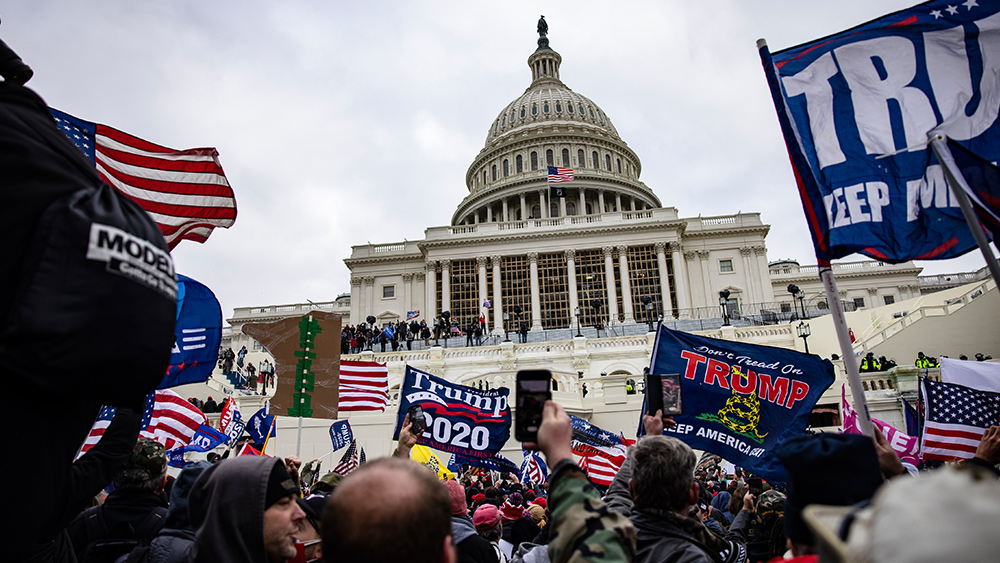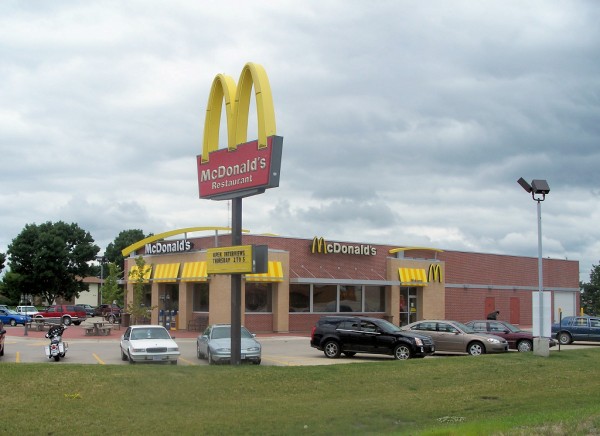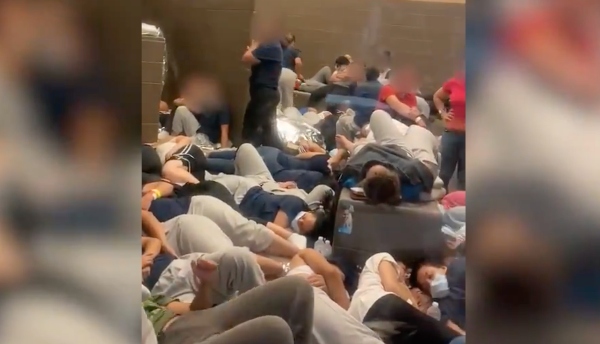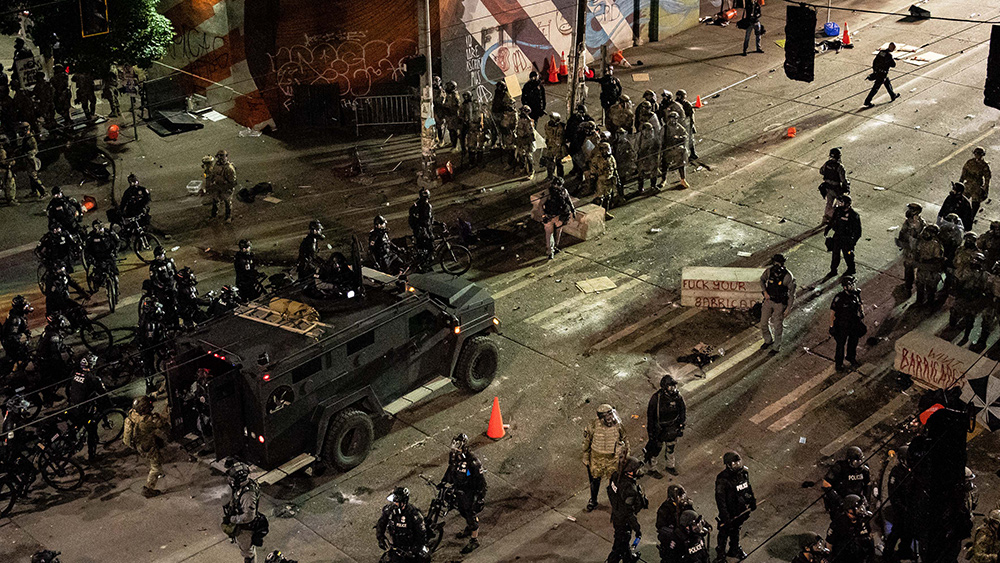 Parler
Parler Gab
Gab
This practice has been harshly criticized by liberal and libertarian groups for effectively punishing people just for exercising their constitutional right to a trial by jury. The American Bar Association found that average sentences for federal felony convictions are seven years longer for defendants who went to trial. Prosecutors’ preference for plea bargains also sees them layer on as many charges or stretch the applicability of vague statutes to coerce defendants into forfeiting their right to a trial. The end result is that those convicted at trial go to prison for longer than even prosecutors think is necessary.“Today’s sentencing demonstrates that those who attempted to undermine the workings of American democracy will be held criminally accountable,” said FBI Director Christopher Wray yesterday. If that’s true, why did some rioters get a year or two? If they also undermined “American democracy,” shouldn’t their punishment be equally severe — or almost as severe — as the Proud Boys and Oath Keepers received?
Tarrio and others receiving sentences of over a decade for their role in January 6 are hardly sympathetic figures. Yet the amount of time they’ll spend in prison is nevertheless a product of a trial penalty that is widely considered to be unjust. If one opposes these enhanced penalties in the routine administration of criminal justice, we should oppose them in the case of the January 6 defendants as well.The Proud Boys didn’t have a snowball’s chance in hell of overturning the election result or overthrowing the government — if that really was their intent. Shouldn’t some allowance have been made for the rank stupidity of their efforts, the extreme unlikelihood that their plans would succeed? Those considerations clearly pale in comparison to making the prosecutor in these cases work extra hard because the defendants refused a plea deal. Read more at: PJMedia.com
Trans spox says Ukraine will hunt down “Russian propagandists” around the world
By News Editors // Share
By News Editors // Share
Governments continue to obscure COVID-19 vaccine data amid rising concerns over excess deaths
By patricklewis // Share
Tech giant Microsoft backs EXTINCTION with its support of carbon capture programs
By ramontomeydw // Share
Germany to resume arms exports to Israel despite repeated ceasefire violations
By isabelle // Share










